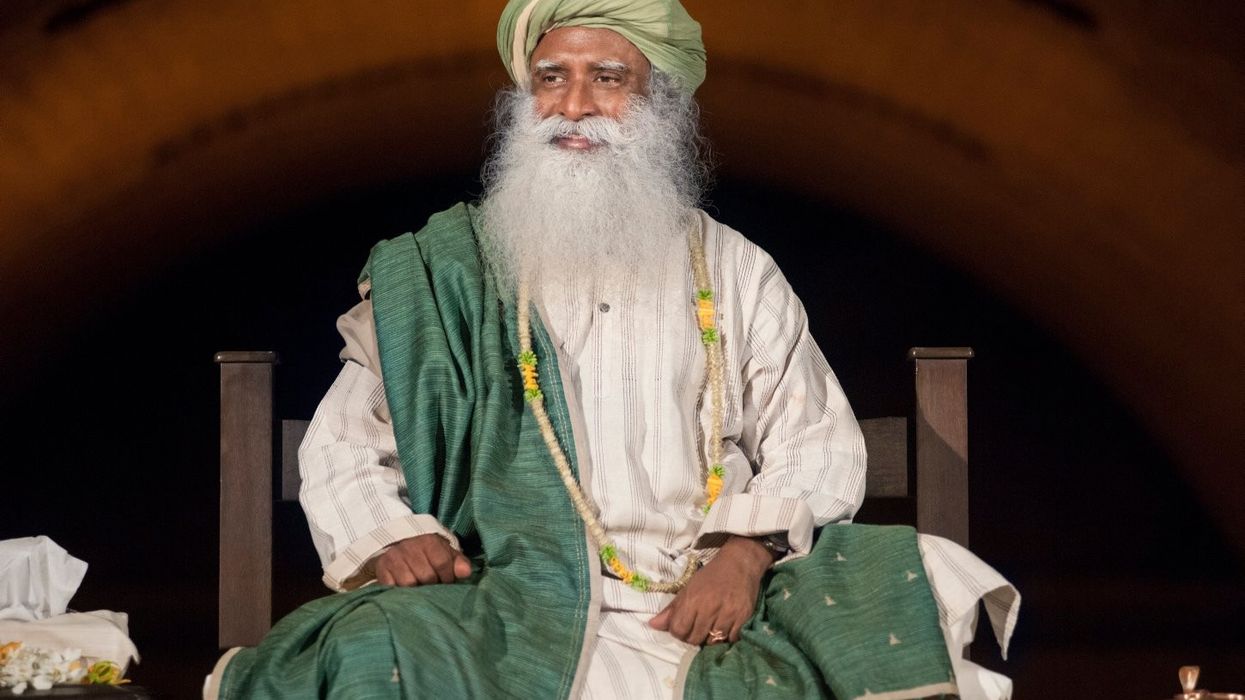BORIS JOHNSON is drawing up plans to put the country on a diet as part of a wider strategy to counter obesity, which is seen as a major risk factor in those impacted by coronavirus.
The 56-year-old prime minister is on a slimming regime himself, and is expected to outline plans by next month to increase fitness levels across the board after his hospitalisation due to the deadly virus back in April.
Johnson said on Monday (29) that Britons were significantly fatter than people in most of the rest of Europe.
Speaking to Times Radio, he said: "I have taken a very libertarian stance on obesity but actually when you look at the numbers, when you look at the pressure on the NHS, compare, I'm afraid this wonderful country of ours to other European countries, we are significantly fatter than most others, apart from the Maltese for some reason. It is an issue.
"Everybody knows that this is a tough one, but I think it's something we all need to address."
A top health department source told The Sunday Times that the government was serious about improving fitness levels in the UK.
"All the focus and energy is going to be on getting the nation fitter because, as the coronavirus has shown us, it will save lives," he said..
"People have gone to extraordinary lengths to remain safe, including staying at home for the past 12 weeks, so encouraging them to eat more healthily and take more exercise should not be that difficult. This is clearly our moment because if people want to do their bit to beat this virus then losing weight would be the best thing they can do."
The department has reportedly presented a series of proposals to No. 10 Downing Street as part of the strategy. They include better access to programmes ranging from family exercise schemes and healthy eating to bariatric surgery, which includes the fitting of gastric bands.
Other possible measures include banning price promotions such as "buy one, get one free" offers and unlimited refills on unhealthy foods and drinks, bringing in legislation to mandate calorie labelling for restaurants, cafés and takeaways, and increasing the number of outdoor gyms.
The newspaper quoted a Downing Street aide as saying that Johnson was "very keen" to take a more interventionist approach, despite his previous criticism of the "nanny state" and opposition to the sugar tax.
Highlighting his current fitness levels, the prime minister told Daily Mail he was "as fit as a butcher's dog now".
"Do you want me to do some press-ups to show you how fit I am?" he asked.
Dressed in a shirt and tie, Johnson got on the floor and went on to complete some pres- ups.
"The country is going to bounce forward, and I certainly feel full of beans. Never felt better," he added.
Several experts have highlighted the impact of unhealthy diets and obesity on greater vulnerability to Covid-19.
“The elephant in the room is that the baseline general health in many Western populations was already in a horrendous state to begin with. In the UK and US, more than 60 per cent of adults are overweight or obese," said Dr Aseem Malhotra, a London-based professor of evidence-based medicine, who has been campaigning on the issue of promoting a healthy diet to combat coronavirus.
"India is particularly vulnerable, having a very high prevalence of lifestyle related diseases. Specifically, conditions such as Type 2 diabetes, high blood pressure, heart disease are three of the major risk factors for death from Covid-19. This is rooted in excess body fat, a cluster of conditions known as a metabolic syndrome."
As part of a healthy lifestyle to combat the threat from the deadly virus, experts recommend giving up ultra-processed and packaged foods and swapping refined carbohydrates with wholefoods such as vegetables and fruits.
'Road to recovery'
Johnson will launch a plan this week to get Britain "moving again" after the coronavirus lockdown, when the government will set out measures to boost infrastructure construction, said Home Secretary Priti Patel.
Johnson will make a speech on Tuesday to set out plans to fast-track building projects such as hospitals, schools, housing, and road and rail infrastructure, part of efforts to try to stem a fall in support for his government.
The British leader has been criticised for his response to the coronavirus crisis, with opposition parties and some scientists saying the government was too slow to bring in a lockdown, too slow to carry out widespread testing and not clear in its messaging.
But Johnson, who won a large majority at last year's election, hopes to revive his fortunes by returning to his pledges to "level up" Britain by focusing spending on traditional Labour-supporting areas that backed his Conservative Party.
"It's an important plan ... As we move out of this awful, awful period of coronavirus, this dreadful disease, we want to get Britain moving again," Patel told Sky News.
"We are building now very much a road to recovery, a roadmap, focusing on infrastructure right now ... focused on roads, broadband, the type of things that effectively help to create jobs but also provide services and economic growth and opportunity around the country."
Johnson's office has dubbed the spending programme as: "build, build, build".
"I think this is the moment for a Rooseveltian approach to the UK, really really moving forward," the prime minister said.
"I really think the investment will pay off."



















